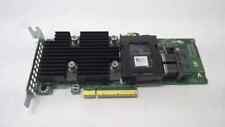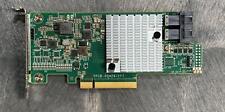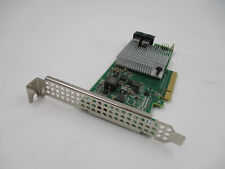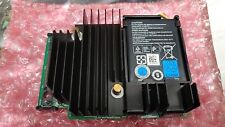-
Junior Member
registered user

Originally Posted by
rickenbacherus

Originally Posted by
TheCyberDude
Linux EAT'S Memory!!!
Not really. Your RAM will usually be full unless you just rebooted. Since calls to hdd are slow, whenever the cpu needs info it first looks to the RAM then the hdd if it isn't found in RAM. If it does access the hdd, it will load what it needs and what ever is stored around it. This happens because it assumes that since you are accessing memory location X00X right now, you will likely need X00X plus or minus 1 shortly so it loads it now to save time in the future. Whatever has been idle in RAM the longest is the first to be removed when more RAM is needed. Most of the used memory is just disk buffer space which shrinks as real code needs more RAM. Of course more RAM is always nice- makes alot of things happen faster but Linux does not eat RAM. Wondoze on the other hand has more memory leaks than the CIA. That's why you can only leave a M$ box running for so long before you have to reboot it.
*applause* 
Also, how do you know Linux eats RAM? If you're comparing to the Windows NT/2000/XP Task Manager you're comparing apples and oranges. The Windows Task Manager shows how much RAM is actively in use and displays everything else as "free". If you do a "free -m" in Linux (or use a memory monitoring app) you will likely get the pages cached in RAM as well...which of course makes it look like Linux is eating it all up.
Similar Threads
-
By 149047 in forum General Support
Replies: 2
Last Post: 05-27-2005, 03:20 PM
-
By ijuz in forum Customising & Remastering
Replies: 6
Last Post: 02-07-2005, 05:02 AM
-
By alex52 in forum General Support
Replies: 4
Last Post: 12-27-2004, 12:41 AM
-
By rigurat in forum Customising & Remastering
Replies: 5
Last Post: 02-07-2004, 10:30 AM
-
By Superstoned in forum Ideas
Replies: 7
Last Post: 01-28-2004, 03:33 PM
 Posting Permissions
Posting Permissions
- You may not post new threads
- You may not post replies
- You may not post attachments
- You may not edit your posts
-
Forum Rules


ORICO Multi Bay RAID Hard Drive Enclosure USB 3.0/ Type-C For 2.5/3.5'' HDD SSDs
$179.99

ACASIS 2.5/3.5 inch 2 Bay SATA USB 3.0 Hard Drive Disk HDD SSD Enclosure 4 RAID
$55.45

0XYHWN Dell PERC H730P PCIe 3.0 SAS 12GB RAID CONTROLLER
$65.00

LSI MegaRAID 9361-8i 12Gbps PCIe 3 x8 SATA SAS 3 8 Port RAID + BBU & CacheVault
$39.00

Inspur LSI YZCA-00424-101 Raid Card 12Gbps HBA Controller Low Profile 9300-8i IT
$15.98

Inspur LSI SAS3008 12Gbps SAS HBA RAID Controller Card P/N:YZCA-00424-101 Tested
$24.99

SAS 2 Raid Controller LSI MegaRAID 9266-8i 6Gbps 8 Port w/ CacheVault & BBU
$29.00

Dell 7H4CN PERC H730P Raid Controller Mini Mono12GBPS 2GB NV Cache
$44.99

OWC Guardian Maximus Raid Enclosure SATA Hard Drive FireWire
$36.99

ORICO 5 Bay Raid USB3.0 to SATA External Hard Drive Enclosure for 3.5'' HDD LOT
$175.99
Originally Posted by rickenbacherus



 Reply With Quote
Reply With Quote










